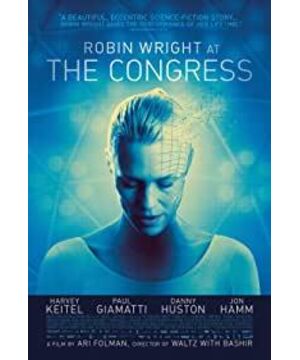The heroine asked the doctor if she could go back to the place where she came before, that is, where the hero who once saved her, but the doctor replied ↓↓↓
The doctor meant that it was all her imagination, but there is a question here, that is, was the man who saved her also imagined by her?
There is no direct explanation in the film, and what the script says is really ambiguous. The doctor said that the "place" was imagined, but he did not say whether the "character" was imagined.
Since at the end of the plot, the heroine did not go to see the hero again, so let's assume that the "character" is also imagined, then another problem will arise, that is, since the hero is also imagined, then that will bring her back to reality Where did the "destroyer" of the world come from?
Review the conversation at that time↓↓↓
From this dialogue, we can see that the reason why the female protagonist can return to the real world is because the male protagonist gave her that pill.
If the male protagonist here is also imaginary, can the imaginary pills work?
So I think the male lead here is real, so why can't she find another male lead? I think it is a philosophical culture that has influenced the ideas of directors and screenwriters, just like the Japanese culture of "deterioration of things", anyway, it is a kind of decline, which is to make her unlucky.
So this is the answer. The heroine relied on the hero to return to the real world, but because the director was not happy, he arranged such a desperate dream for the heroine, which was even more desperate after waking up.
View more about The Congress reviews











